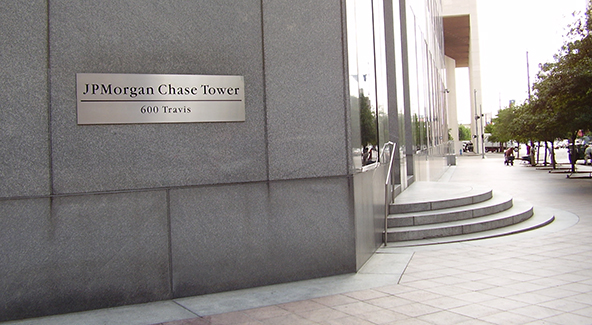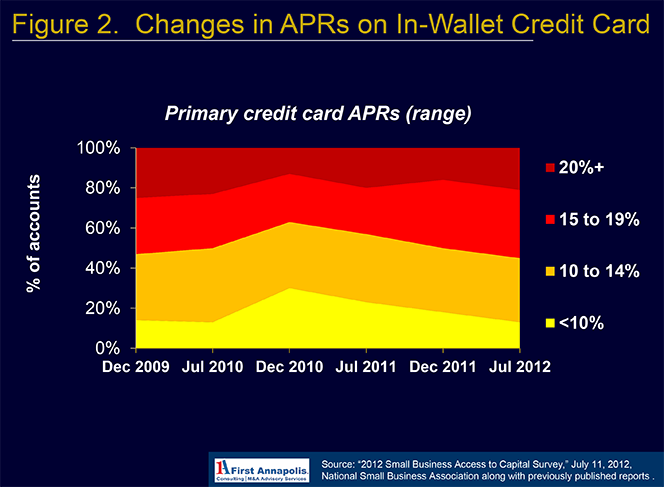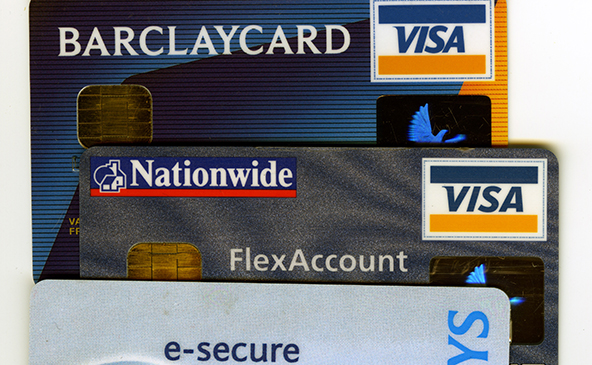Chase Moves Upmarket Into American Express Territory

First there were the rumors of a possible Discover acquisition. Now JPMorgan Chase is going after Discover’s bigger rival, American Express. This time the strategy is different, though. Instead of pursuing the bank itself, which would probably be a step a bit too far anyway, Chase is wooing AmEx’s customers.
As NYT’s Robin Sidel and Susan Carey put it:
Once a credit-card company that catered to middle-class families who vacationed at Disney World, J.P. Morgan’s Chase credit-card unit is now pitching plastic to more affluent consumers who stay in luxury hotels and dine at fine restaurants.
Chase’s Discover and American Express projects are pursuing totally different objectives and the bank’s top management may well have decided that it has the resources to take them both on at the same time.
In its foray into American Express’ territory, Chase remains well within its core competence. It is simply looking for ways to expand its market share at the expense of a specific rival (there always has to be a loser). Of course it will be a bruising battle, as American Express is certain not be sitting idly by, watching Chase poach its customers.
In the words of Sidel and Carey:
The intrusion into AmEx’s segment of the market prompted AmEx, normally reserved and above the fray, to take the white gloves off. “You cannot be a leader if all you do is copy someone else’s innovation,” said AmEx spokeswoman Desiree Fish.
…
The high-end market that both firms are chasing always has been the sweet spot for American Express, which has spent the past 50 years building a reputation for cardholder loyalty, a generous rewards program and good customer service. Those well-heeled customers also happen to have less risk, and Chase has been courting them, and AmEx executives, to expand the business.
Discover’s project is a tiger of a different stripe. What makes a possible Discover acquisition so appealing to Chase is that it would allow the bank to cut off the access to its credit card transactions to all the middlemen it currently has to deal with. These middlemen include Visa and MasterCard. Currently, Chase has to pay a fee for the right to issue Visa- and MasterCard-branded cards. Additionally, the Associations charge a fee every time one of their cards is used for payment, as does the processing bank that provides payment processing services to the merchant.
Moreover, the recently enacted financial overhaul legislation charged the Federal Reserve with the task of ensuring that debit card interchange fees (collected solely by issuing banks) are “reasonable and proportional” (read lower). The Fed is expected to issue the new rules early next year, spelling out exactly how much lower these fees will have to go before they become reasonable.
Discover, on the other hand, as American Express and unlike Visa and MasterCard, is a bank that both issues and processes its own cards, using its proprietary payment system. The transaction process is a good deal simplified, bringing down payment processing costs. This is exactly why Chase finds a potential deal so appealing, even though its actual implementation would be far from straightforward.
Image credit: Wikimedia Commons.


